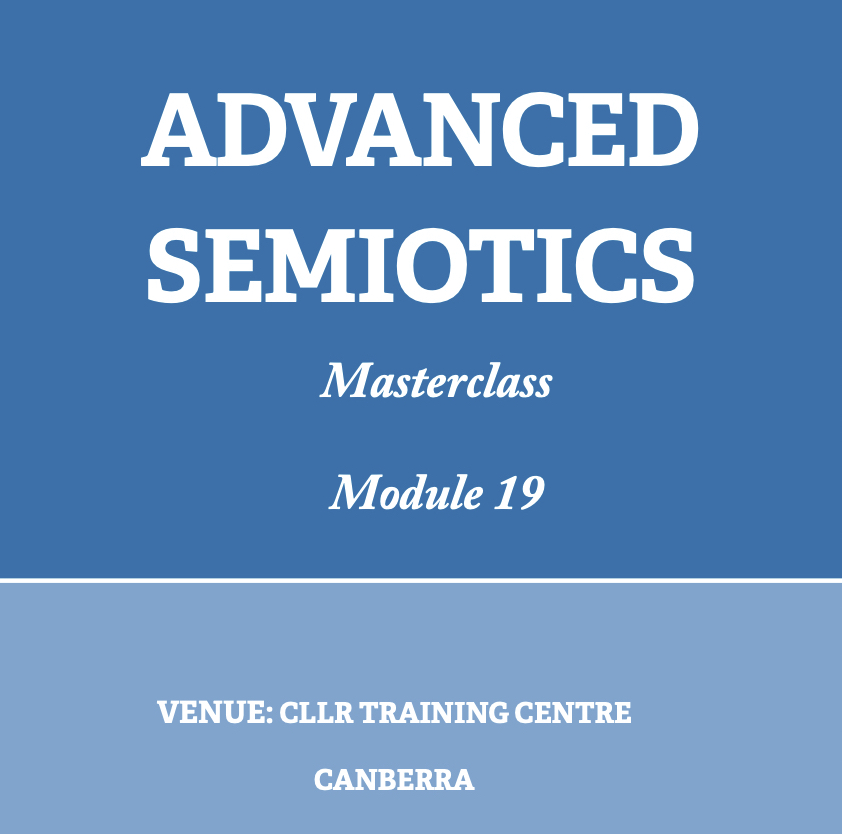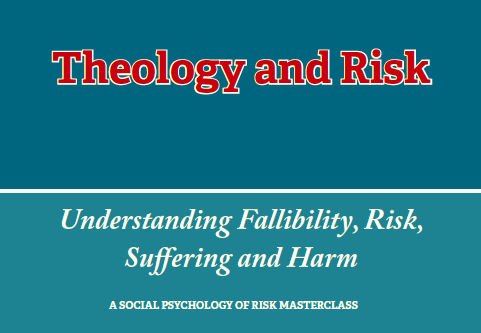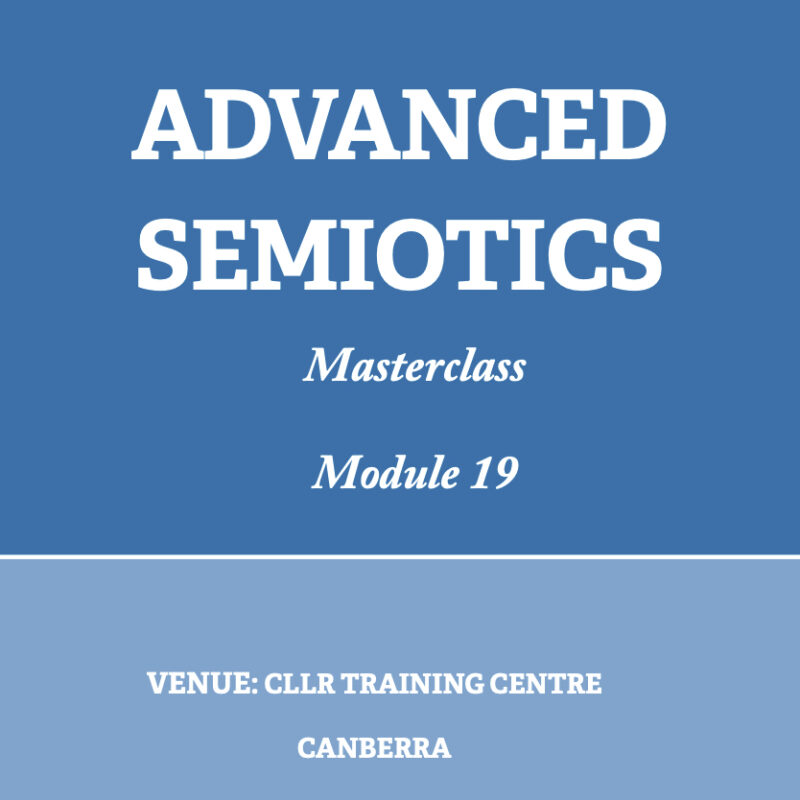
Advanced Semiotics Masterclass Module 19
20 September 2016
An Ethic of Risk Workshop Unit 17
21 September 2016Introduction
There is no way one can avoid a discussion on suffering, harm and theology in thinking about risk. All discussion of trajectories in risk must result in a thinking about harm, suffering and ultimately death. There is no point sugar coating the fact that the risk and safety industry is consumed with discourse about fatalities and loss. This is why the industry itself is profoundly religious in its discourse, symbolism and language. In many ways the language of ‘safety’ substitutes for the notion of god and this is observed in language about how ‘safety saves’, ‘zero harm’ and a host of absolutes that plague the discourse of risk and safety.
In thinking about risk and trajectories one must think apocalyptically, metaphorically and in transcendently. Any discussion of ‘means’ and ‘ends’ essential to method must infer a discussion of ontology, philosophy, methodology and ideas that underpin values and actions in risk and safety.
It is for this reason that this module provides an opportunity to explore the theologies hidden in much of the discourse in the risk and safety industry. It is naive to suggest that the industry is somehow neutral in matters about suffering and harm.
Most recently the publication of a theology of suffering by Prof. Dekker (2017, ‘The End of Heaven, Disaster and Suffering in a Scientific Age’) demonstrates how central theology is to the concerns of the industry.
At the foundation of the risk and safety industry are several ideologies that confound its own self understanding namely, cognitivism, behaviourism and positivism. These ideologies form a block to self understanding and explain why the industry is so profoundly religious. The soteriology of the risk and safety industry is caught up in a discourse of hope and ‘salvation’ in systems, process and mechanistic fervour. It demonises non-compliance and projects denial of fallibility in the delusions of zero.
The preoccupation with risk aversion and the delusions of zero plague the ontology of the industry that can only be properly unravelled by an exploration of theological and hermeneutical assumptions hidden in risk and safety discourse.
Expected Outcomes
By the conclusion of the unit participants will
- Better understand the nature of theology, metaphysics and theological worldviews.
- Learn the basics of hermeneutics and deconstructing philosophical paradigms.
- Examine current views in risk and safety for religious discourse, language and semiotics.
- Enhance critical thinking through mapping theories and approaches to risk.
- Study key theologies and theologians with respect to suffering, harm and death.
- Understand the connections between: apocalyptic, hope, soteriology, futures, gnosticism, faith, dialectic, uncertainty, subjectivity, poetics, mimetics and belief.
- Decode discourse and language of belief.
- Explore the paradox of good and evil and contesting values in theodicies emebedded in risk and safety discourse.
- Review sacramentalism, ritual and faith in safety process.
- Examine the nature of fallibility and mythologies in risk discourse.
 Loading...
Loading...
You must be logged in to post a review.




Reviews
There are no reviews yet.